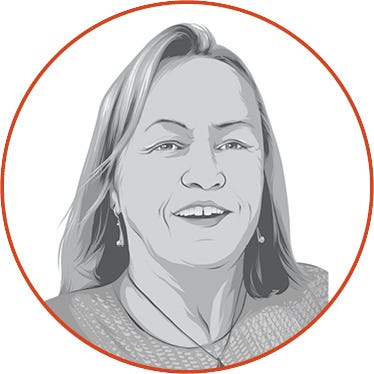_copy.jpg?width=850&auto=webp&quality=95&format=jpg&disable=upscale)
The sayings go something like this: those who can’t play, coach or those who can’t do, teach.
But maybe it’s the coaching that leads to the doing.
Matt Lee is not a player in the on-farm game. But he certainly sounds like a championship winning coach when he speaks – and his numbers add up to a pretty good score for his first year as Louisiana State University’s vice president for agriculture and dean of the college of agriculture.
“I appreciate their willingness to take a chance on me. This has been a year where I’ve been working hard to earn the respect and the trust of this organization,” Lee said recently, as he neared the one-year anniversary of his appointment.
Coming into the job, Lee said, his message was this:
“I know how to run large programs. I know how to clear the way and bring in resources to help you do your job.”
Getting it done
Now he’s learning and giving speeches like a coach rallies players at half-time. He’s getting the job done. And LSU is winning.
Here are the numbers one year into Lee’s tenure:
$46 million in grants, a 50% increase over annual totals each of the last five years
$4.5 million in donations
A 5.5% increase in annually recurring funding from the state legislature
$11 million in state funding for new equipment at LSU AgCenter research stations
Though he laid out his qualifications a year ago, Lee gives the credit for those successes to the extended team – the 1,000-plus employees and the greater LSU leadership. He gives special credit to LSU President William F. Tate IV.
“There was an era when the importance of agriculture – to the state and what LSU should be doing for agriculture – was kind of lost,” Lee told attendees at a sugarcane field day in July. “President Tate brought agriculture back to the top. It’s one of his top five priorities.”
With a solid year under his belt, Lee in August laid out new goals:
$75 million in annual grant funding, and five years to accomplish it.
An increase to $10 million a year in donations during the same period
“We’re making a run to be the best,” Lee said. “I am energized to come in and work hard. When you’re excelling at something, you don’t let up.”
LSU Ag lifts rural communities
An agricultural audience understands that kind of dedication from a farm kid. But, as Lee pointed out, he’s not a farm kid. What’s Lee’s motivation to promote agricultural innovation?
Lee’s motivation is grounded in his work prior to coming to the ag college. A sociologist by training, Lee sees agriculture as the catalyst to lift rural communities. And that’s where his early research plays into his current role.
“Our research program is foundational to our support for the agricultural industry and rural communities in general throughout the state,” Lee said. “The larger and more impactful our research programs are, the better we are at serving the state.”
Ultimately, Lee said, LSU best serves the land-grant mission when it educates in-state students who go home to their rural communities to make them better places to live.
“Land-grant universities were established to improve the quality of life for people in each state,” Lee said. To him, every Extension project, high school dual enrollment program, agricultural research effort is another board in the program to build healthier rural communities.
Research supported by the USDA, Economic Research Service found spending on public agricultural research and development from 1900 to 2011 generated, on average, $20 in benefits to the U.S. economy for every $1 of spending.
“The key to rural community development is fostering entrepreneurial spirit on every socioeconomic level,” Lee said.
Lee then moves from coach back to cheerleader.
“Almost nobody understands how important agriculture is – not just economically, but also socially,” Lee said. “They strengthen the community fabric. It’s that fabric that allows communities to address social problems.”
About the Author(s)
You May Also Like






